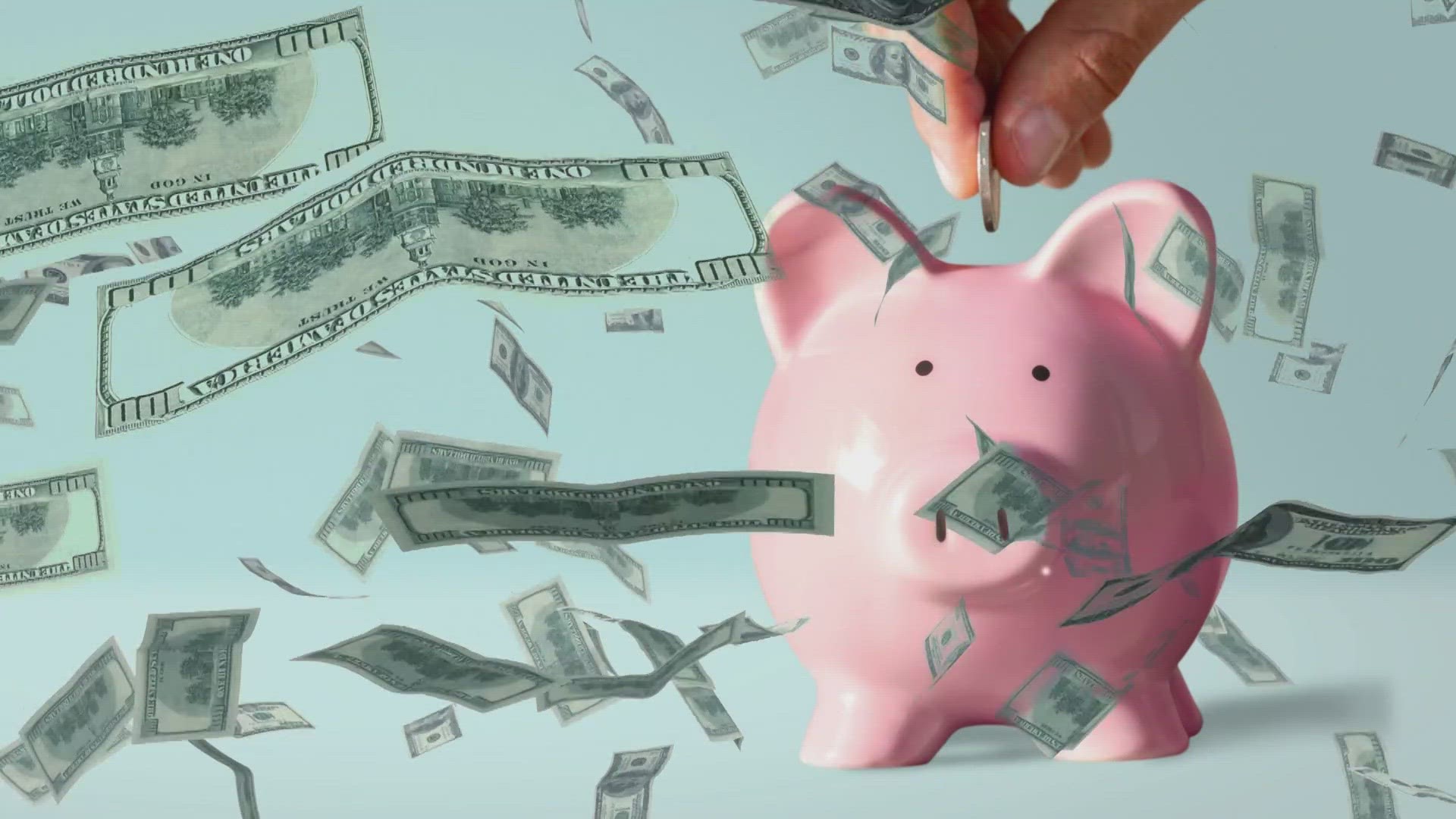DENVER — For those used to savings accounts that pay pennies in interest, the promises of high-yield savings accounts are tempting.
While traditional savings accounts average about 0.4% annual percentage yield (APY), some high-yield accounts offer interest rates ranging from 4% to 6% APY.
“Savers have been punished for a long time,” said Erik Krom, president of Clear Creek Advisors in Denver and a certified financial planner. “Anytime you wanted money safe, you really weren't making anything. Now it's finally a time where, who knows how long but for now, you can still do that.”
We asked Krom to break down the pros and cons of these accounts, which have gotten a lot of hype online in recent years as inflation drove the Federal Reserve Board to raise interest rates.
“We felt inflation come hard,” Krom said. “And we're dealing with the negative impacts of that, from an expense standpoint. One of the silver linings is that we can now make some money on our safe investments.”
Krom says high-yield accounts don’t differ much from traditional savings accounts. They offer the same level of liquidity – meaning your money is available to you at all times – unlike bonds and certificates of deposit, which can tie up cash for a short period in order to get the return.
They’re also protected by the same Federal Deposit Insurance Corporation (FDIC) insurance, up to $250,000.
“At the end of the day, if you can get some competitive and get the money working, that in itself, I think is a big benefit,” Krom said.
Krom said these accounts are a great place to park cash you need access to but don’t necessarily need right away.
The cons: you’ll have a hard time finding these kinds of accounts a traditional brick and mortar bank.
“Oftentimes, the most effective, or I should say, the most attractive rates are online institutions,” Krom said. “Some people get a little scared about that.”
“The reality is, online institutions probably have less overhead than brick and mortar, so they're paying more.”
Krom said most online banks come with the same FDIC guarantee, which shouldn’t give depositors pause.
But the other con: the Federal Reserve Board may lower interest rates this year, making the return on these accounts harder to come by.
However, Krom said the accounts, even with reduced returns, are worth it.
“Every dollar you have, you might as well get as much as you can,” he said.
Click here to send a tip to Steve on Your Side Consumer Investigator Steve Staeger.
More Steve on Your Side content:
SUGGESTED VIDEOS: Steve on Your Side

